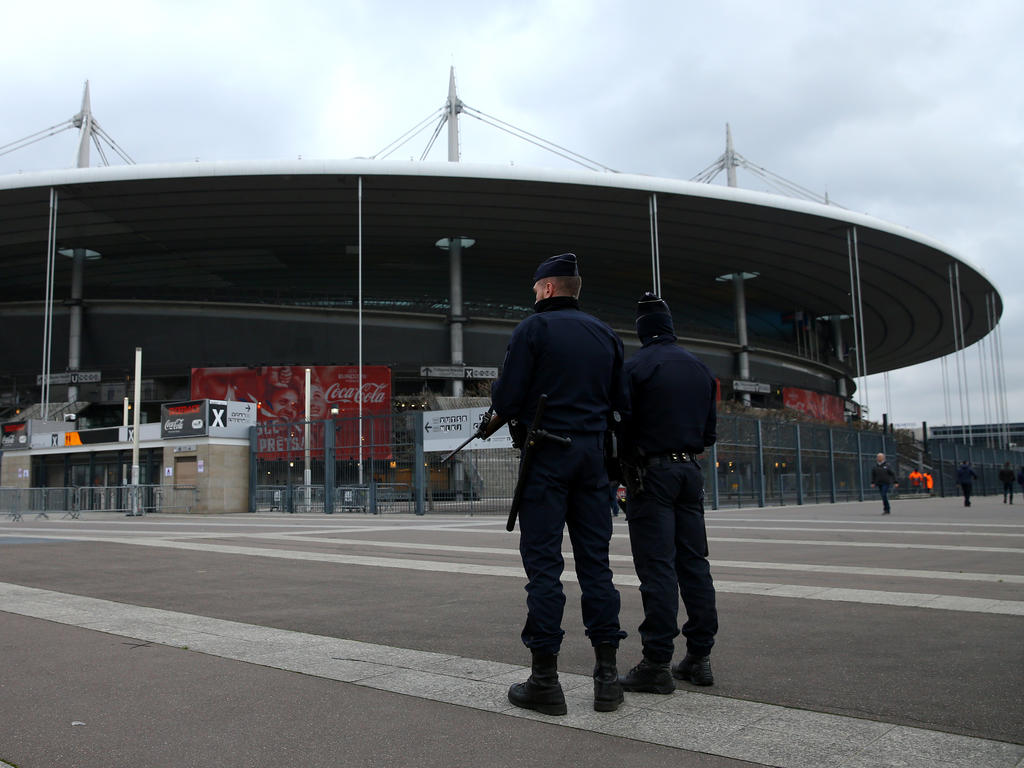France to extend state of emergency to cover Euro 2016

The French government said Wednesday it would seek a new extension of a post-attacks state of emergency to cover this summer's Euro 2016 football and the Tour de France, drawing criticism from rights defenders.
"The state of emergency cannot be a permanent state," Prime Minister Manuel Valls insisted.
"But for these major events... we need to have these powers, these possibilities, under the control of a judge, under the control of parliament, to allow for the best response in the face of terrorism," he said on French radio.
The French Human Rights League (LDH) reacted swiftly, warning that the government was becoming "hooked on the state of emergency" and other "exceptional measures".
"It reflects... a desire to condition us to living under this regime, hoping that the women and men of this country will forget that the defence of our freedoms is another essential way of fighting terrorism," the LDH said in a statement.
The measure boosting security powers, imposed following the November 13 jihadist attacks that left 130 people dead in the French capital, was already extended by three months in February until May 26.
The emergency policing powers allow the interior ministry to place under house arrest any person whose behaviour is considered "a threat to security and public order" and to order searches of homes at any hour without involving a court.
Lawmaker Pouria Amirshahi also spoke out against the move for a new extension, saying the state of emergency "accords exorbitant prerogatives to the administration, the interior ministry and the police... which is incompatible with the republican spirit."
On the other hand Christian Estrosi of the right-wing Republicans party said emergency powers should continue "as long as we are at war, as Manuel Valls said."
Estrosi was referring to remarks by Valls in the wake of the Paris attacks that France would "use all means" at its disposal to combat terrorism until the IS group is vanquished, seeming to suggest that the state of emergency could be renewed indefinitely.
The extension of the state of emergency will require parliamentary approval.
UN rights experts and the Council of Europe have also said the measures undermine democratic principles.
The Council of Europe's human rights commissioner Nils Muiznieks has raised concerns about ethnic profiling of suspects facing police searches.
And a panel of UN human rights experts said the measures placed what they saw as "excessive and disproportionate" restrictions on key rights.
Since they were imposed in November, some 3,500 searches have been carried out and 743 arms including 75 military weapons have been seized, government spokesman Stephane Le Foll said Wednesday.
The operations have led to 56 suspects being taken into custody and 69 people being placed under house arrest, he said.
The Euro 2016 tournament will run from June 10 to July 10, and the Tour de France cycling race is set for July 2-24.
Organisers say some two million visitors are expected during Euro 2016, in which 24 national teams will compete.
The Tour de France, which attracts millions of spectators along its route, will cover 3,519 kilometres (2,247 miles) this year.
The authorities have launched a series of exercises to prepare for possible attacks during Euro 2016, which will see matches in several big cities including Bordeaux, Lille and Marseille besides the flagship Stade de France in Paris.
A major exercise took place Tuesday at the Montparnasse rail station in Paris.






